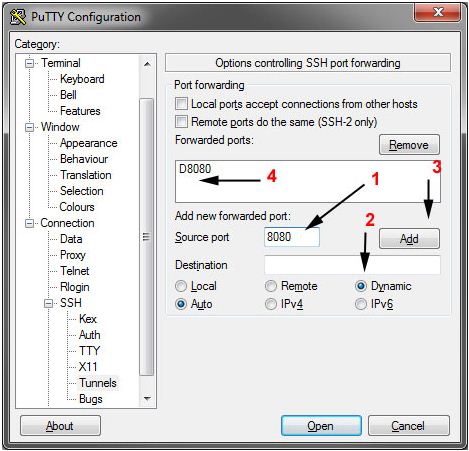
Openvpn Access Server Free License
● Friendly user workflow interface. ● Recover data with their original names. Cisdem data recovery keygen. ● Apply fast data also system scanning. ● Offers deep and quick scans.
OpenVPN Community Edition, which is an open-source and free version; OpenVPN Access Server (OpenVPN-AS) is based on the Community Edition, but provides additional paid and proprietary features like LDAP integration, SMB server, Web UI management and provides a set of installation and configuration tools that are reported to simplify the rapid. OpenVPN Community Edition, which is an open-source and free version; OpenVPN Access Server (OpenVPN-AS) is based on the Community Edition, but provides additional paid and proprietary features like LDAP integration, SMB server, Web UI management and provides a set of installation and configuration tools that are reported to simplify the rapid.
As I understand it, OpenVPN is free for anybody to use - the OpenVPN Access Server (which I have purchased) is a separate product which provides a management GUI for creating VPN bundles that clients can download and install. For example, I have it connected to my LDAP server so anybody can now login and download a pre-built executable that connects them to the networks I have configured. They are two separate things - OpenVPN is open-source, OpenVPN Access Server is a commercial 'add on' which provides management capabilities. Well worth it BTW - $50 for 10 concurrent users. And their support is second to none - I had to re-install my machine and needed to re-activate the license key - within minutes they had answered my email and sent out a new license key. Hello all, I thought I would clear a few things up for you: 1. We do have a comparison chart between OpenVPN Community Edition and OpenVPN Access Server, you can look at it here: 2.
OpenVPN Access Server was developed with easier management, better scalability, and better performance in mind. We are not trying to mislead anyone with our current site setup and apologize if there is any confusion. The issues many of you are running into with the installation and configuration of Access Server in Proxmox is the OpenVZ counterpart, there are no extra steps to be taken when using KVM.
Because of the way OpenVPN Access Server is developed (it heavily relies on iptables), you will need to change some settings and allow access to certain modules to get it to work properly in an OpenVZ environment. This article explains what changes need to be made to your OpenVZ setup: (These steps were actually written up an tested on a machine using Proxmox, if done correctly it will work) 4. As far as our pricing goes: we try to be very reasonable. When compared to other paid VPN solutions we are very inexpensive. There has been ALOT of development that has gone into making this a stable, enterprise ready product. You are obviously free to choose between the two different softwares, however, there have been a lot of performance enhancements in OpenVPN Access Server, it isn't just OpenVPN with a GUI.
Unlike the OSS (Community) version we have Multi-daemon mode which allows OpenVPN-AS to take advantage of multiple cores, Server-locked profiles, DMZ mode and much more. If the Proxmox developers have any additional questions (or the users) please don't hesitate to send me a pm.

Kind regards, Andrew Proctor OpenVPN Technologies, Inc. Just to clear up any confusion about the open source status of OpenVPN. The OpenVPN core is strictly GPL v2, and has been licensed as such since the OpenVPN project was started in 2002. The Access Server is a closed-source, commercially-supported management application that runs on top of the standard OpenVPN core and controls it via the published OpenVPN Management Interface. The Access Server development team strictly adheres to the principle of keeping the Access Server code at 'arms length' from the core OpenVPN code. That means only controlling OpenVPN via public interfaces, and using the same OpenVPN core implementation that is made available to the public under the GPL v2.
James Yonan OpenVPN Technologies. PFSense rocks - I used to use it a lot but then ran into one or two issues with lots of NIC cards.  Then I used ebox which ran into another issue where it didn't allow more than one named host with the same name (i.e.
Then I used ebox which ran into another issue where it didn't allow more than one named host with the same name (i.e.
A.some.domain clashed with a.some.other.domain). In the end I use vyatta and OpenVPN AS. Vyatta takes a bit of getting used to, but it has a rather nice DSL in a single config file which describes everything.